This winter we, illustrator Marina Fandeeva and photographer Dina Belenko, finished a series of illustrations called „Small domestic folks“. It’s a cozy project about house spirits, brownies and creatures, who turns your kithen into a mess. Coming from ancient tales of different countries, they’re trying to find their place in a modern world, but stay true to their nature.
It started than Dina made a photo series with splashes, spilled coffee, fallen donuts, scattered flour and other chaotic stuff that regulary happens and her kithen. Probably, more often than should. Trying to explain this unusual degree of mess, Marina came out with some stories about adorable fantastic creatures, who tend to be a bit sloppy with all the food you forgot to hide. She created an illustration for each story and now you can see all of them!
More info: Instagram
Zashiki-Warashi does not like, when tatami is left untidy
But she likes rice cakes, which are left for her behind the folding screen. One should make an impression, that the cakes are not for her, otherwise she would get shy and may not accept the gift. But any household will get into misfortunes without Zashiki-Warashi, — in the Iwate prefecture everybody knows that. Well, they know and prepare rice cakes, never telling anyone, for whom it is done.
In Japan Keukegen is a little ghost of diseases and misfortunes
His name is composed of two characters, which mean „furry hairy“. Size-wise he is like a small dog and resembles a dirty ball of long tangled hair. It is very easy to expell such ghosts, — you only need to clean your home. Usually people do not do anything more, not knowing, that after thorough washing Keukegen looks like a tiny white horse. It is simple to distinguish a house, which hosts a washed Keukegen, as there is a smell of cinnamon and nutmeg around it.
From ancient times in the mills there lived hardworking and meticulous Kaboutermannekins
They took small fee of some beer, some bread with butter on it — and helped to grind cereals, guarded the sacks with flour, and in their free time they carved little spoons out of wood. Many Kaboutermannekins admired automatization of the milling process and continued their work at the mill-plants. But some of the folk preferred the manual grinding and moved into the urban kitchens, in which coffee mills were used. If you possess such device and still buy ground coffee out of your laziness, then know that your Kaboutermannekin is dissatisfied with you.
In Slavic mythology the Matohas are little evil-doers, trick-makers, who bring petty troubles and worries to members of the household
They steal left socks, drink the last most tasteful sip of coffee from the cup, they deviate your sight, when you are seaking for something small. When you are rushing there and back in your dwelling, getting late and cursing, because you can’t find your glasses, which you are actually holding, — that is all because of them – the Matohas.
In Yakutia trees do not grow tall – they beware of scratching the sky, which is low there
Nadyi Dangha takes the stars from the sky, dips them into milk, whipes them dry and returns each star to its place. Nadyi Dangha is commonly viewed as a guardian of children and calves. But it is not the whole picture: she simply stands for everything new.
In Northern Italy there live the Erdluitles — a small folk of the ground
They eat ripe-juicy pears and influence the weather. They wrap up themselves into their red mantles, and people assume it is from being shy of the goose feet of theirs. But people are awfully wrong. The Erdluitles are very pretty and gentle folk, and they hide their wonderful paws just to prevent humans from strong envy.
448views
Share on FacebookThis is a very common phenomenon))
Load More Replies...This is a very common phenomenon))
Load More Replies...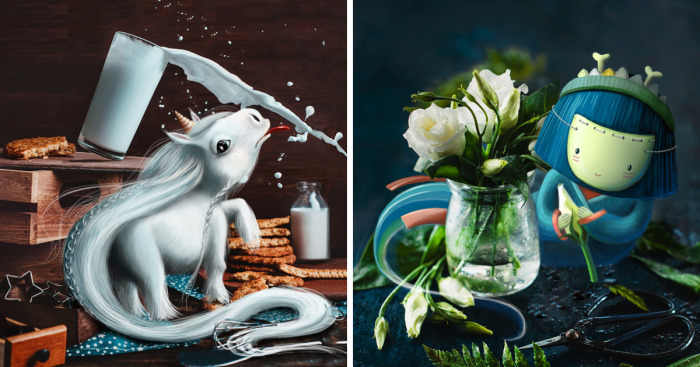
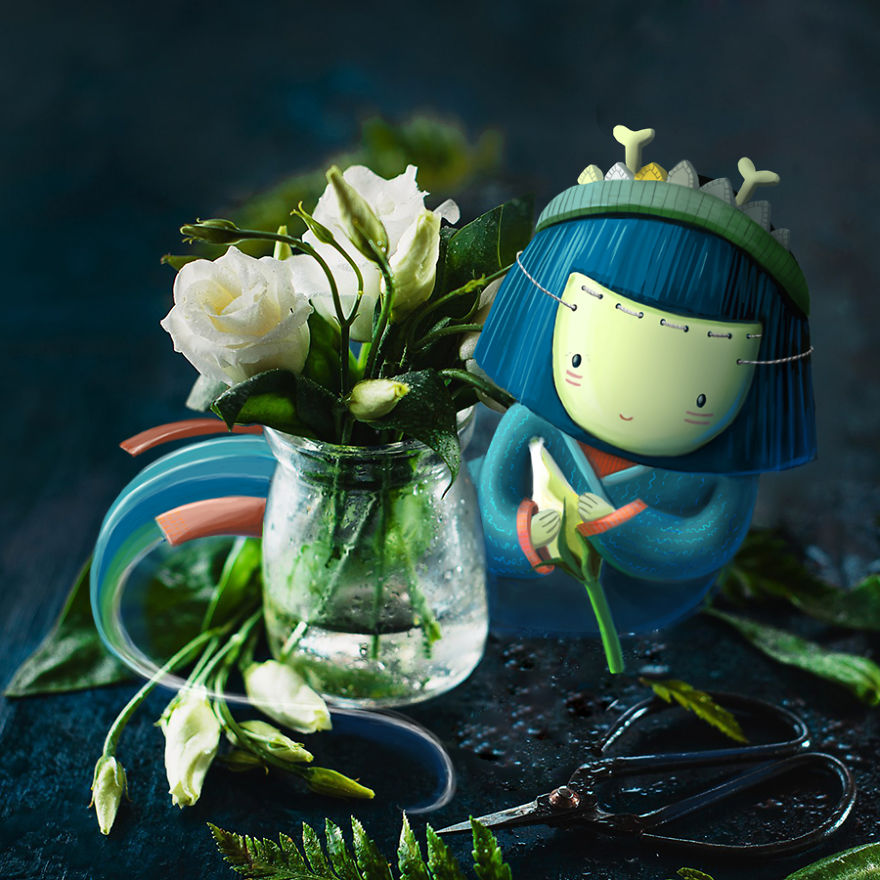
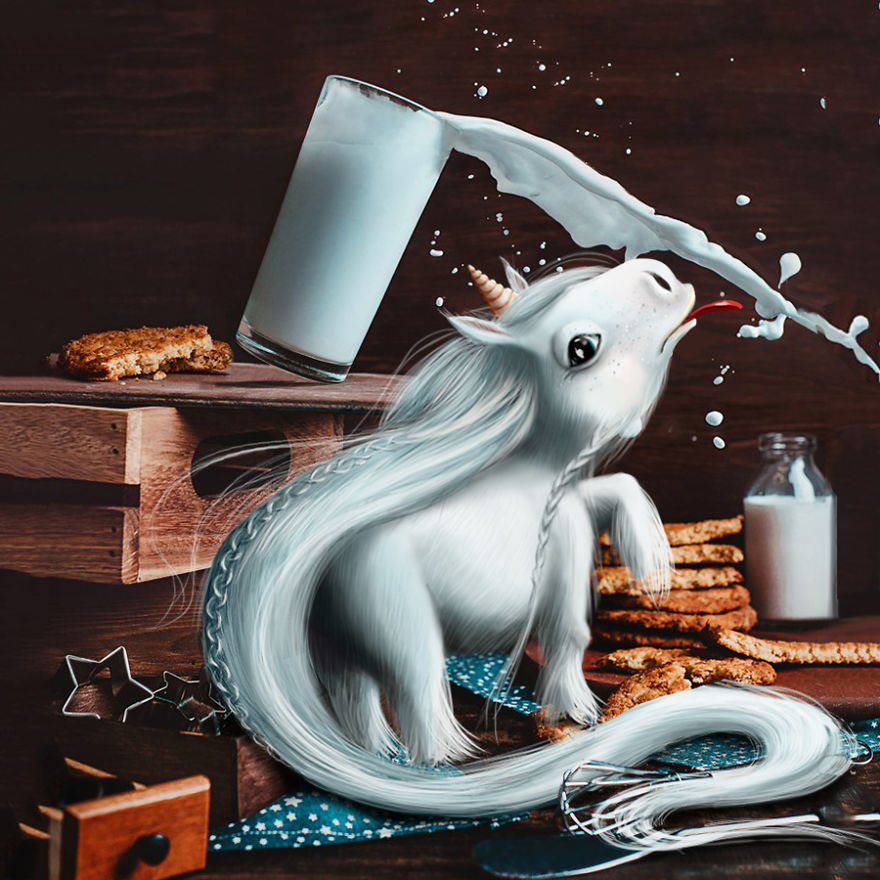
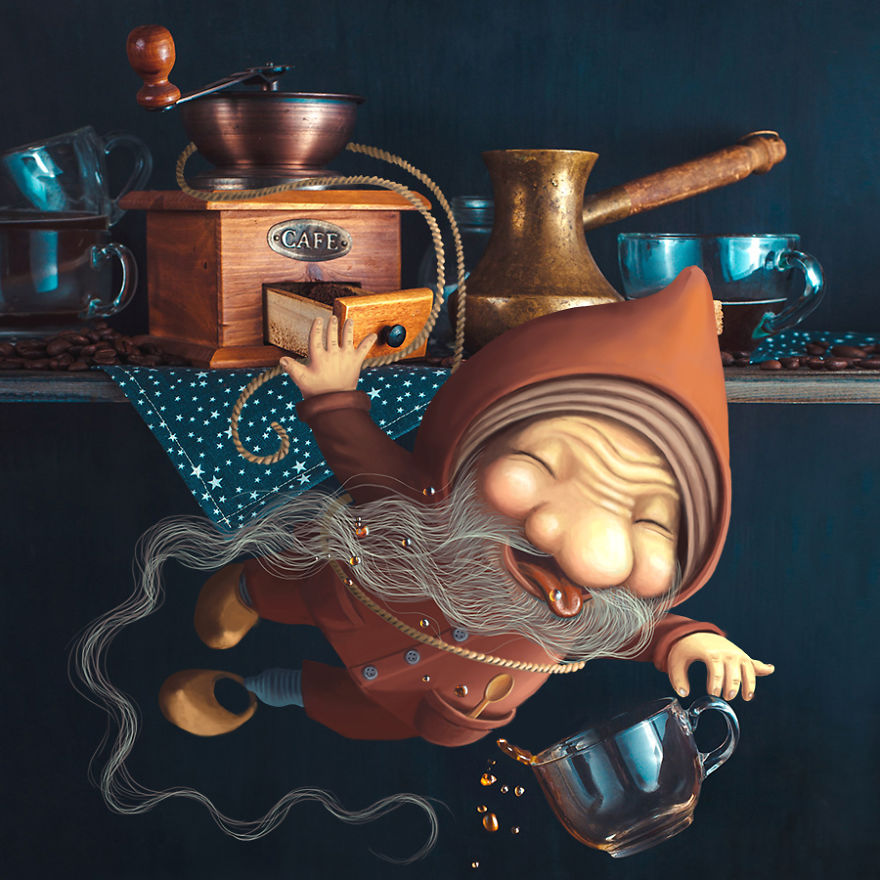
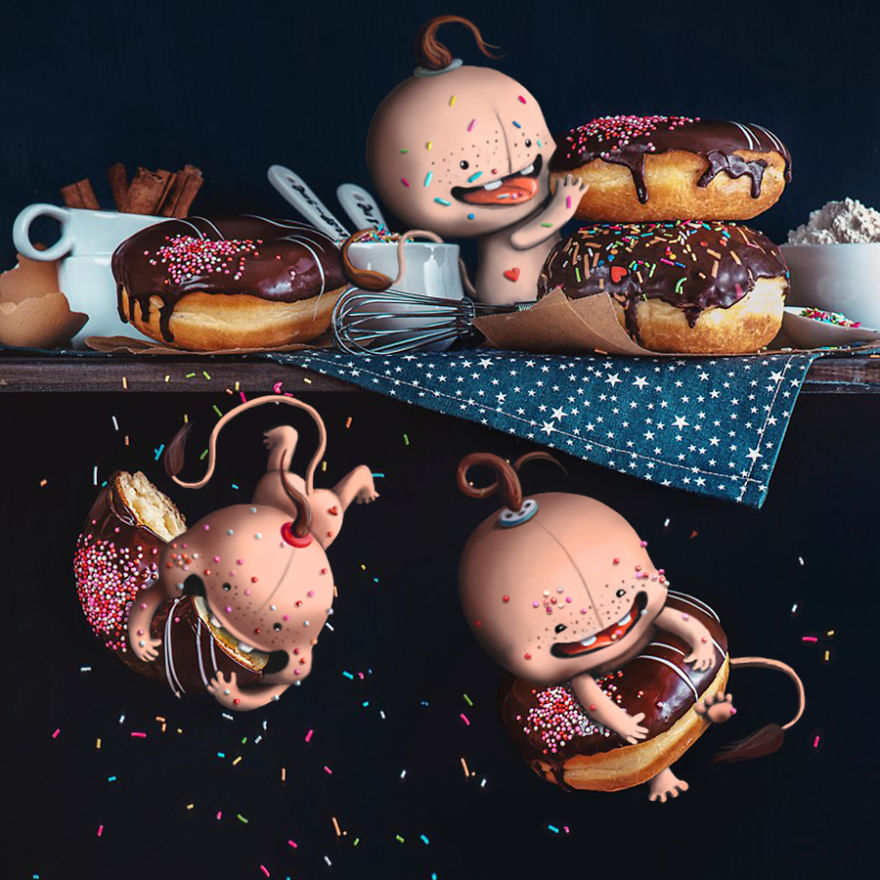
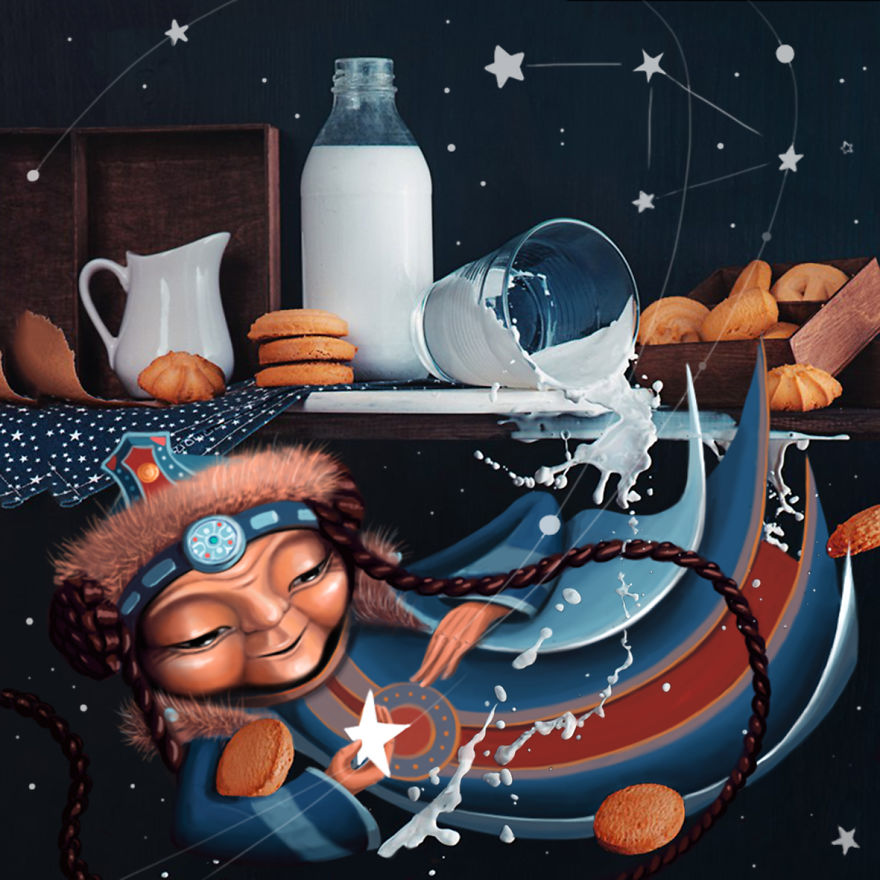
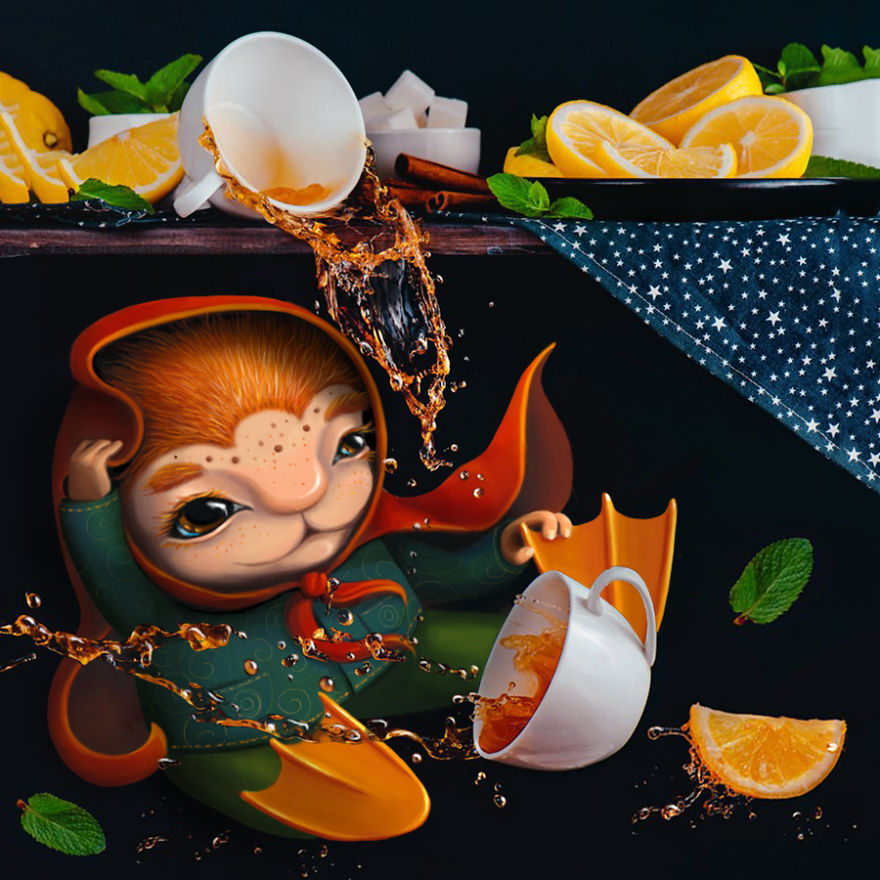
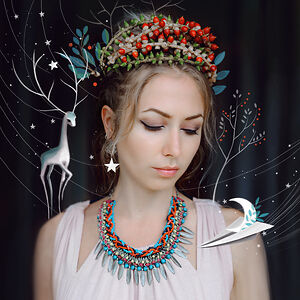


26
2